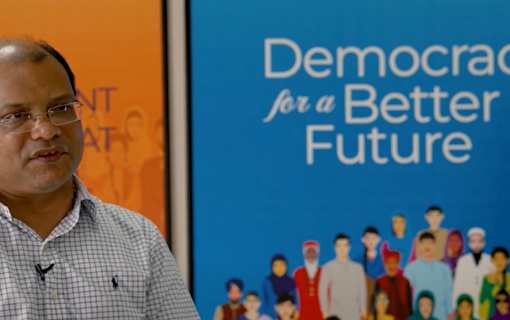Electoral Governance in sub-Saharan Africa: Assessing the Impact of Electoral Management Bodies’ Autonomy and Capacity on Citizens’ Perceptions of Election Quality
Abstract
High quality elections are central to the consolidation of democracies. Yet very little is known about the factors that influence citizens’ perceptions of the legitimacy of electoral contests. This paper explores the influence of electoral management bodies (EMBs) - institutions vested with the responsibility to organize, supervise, and adjudicate - on the multiple dimensions of the electoral process. It is widely accepted that the independence of electoral management bodies positively influences the quality of elections (Mozaffar and Schedler 2002). However, current literature inadequately explores how voters evaluate EMB performance and how these evaluations shape voter perceptions of election quality. In this paper, I conceptually distinguish between two dimensions of EMB performance: institutional capacity and autonomy. I argue that citizens are able to effectively evaluate the autonomy and capacity of the EMB during elections, and they use these evaluations, among other factors, to assess the overall quality of elections. However, a comprehensive understanding of the effect of EMB performance on popular perceptions of election quality should also take into account the level of popular confidence in the EMB.
Based on these propositions, I hypothesize that voters are more likely to regard elections as being free and fair when 1) they have confidence in the EMB; and, 2) the EMB displays high levels of autonomy and capacity. I test these hypotheses using a mixed-method approach that combines 1) a cross-national analysis of 18 sub-Saharan African countries using survey data from the Afrobarometer with 2) a case study of Nigeria based on post-election survey data collected by the International Foundation of Electoral Systems (IFES). This research has significant implications on the assessment and reform of EMBs in sub- Saharan Africa as well as other emerging democracies.









